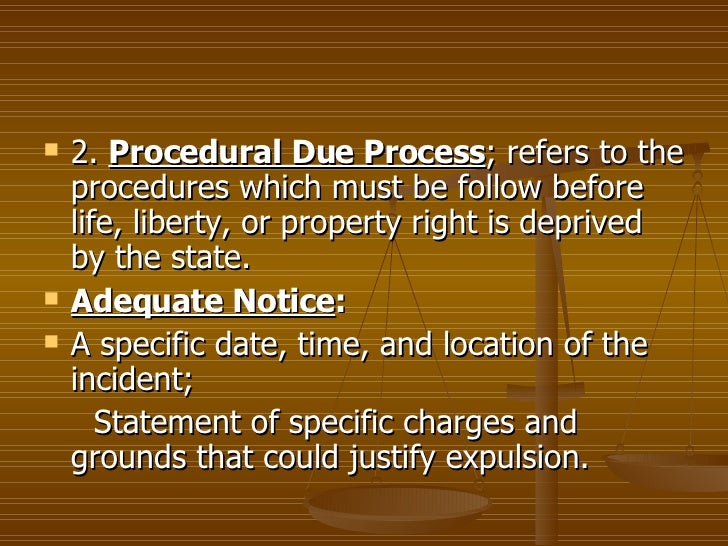

That’s why filing a due process complaint is the first step in the process that may lead to a hearing, a formal proceeding held to resolve conflicts between parents and schools. Whenever a due process complaint is received, the parents and local educational agency (LEA) involved in the dispute must have an opportunity for an impartial a due process hearing. Such a complaint must meet the content requirements in §300.508(b) (listed below). IDEA’s Regulations on Due Process Complaintsīack to top Due Process Complaints, SummarizedĪ due process complaint is a filing by a parent or a public agency on matters related to the:.The summary below is not a substitutefor knowing the actual details of IDEA’s regulations and requirements. These details are important to know, if you’re thinking about filing a due process complaint as an approach to resolving a dispute in special education. Then go to these two separate pages for the details. Definition of “homeless” in McKinney-Vento Homeless Assistance Act.Who determines that the complaint contains all the required info?.Read more about the due process complaint below, in these brief sections: These procedures include both the due process complaint (summarized in this article) and the due process hearing (described separately). IDEA requires school systems (called public agencies) to have procedures in place that make due process available to parents and public agencies to resolve a dispute involving any matter arising under Part B.
DUE PROCESS FREE
This info in Spanish | Esta información en españolĪ due process complaint is pretty much what it sounds like: a letter/complaint filed by an individual or organization on matters of conflict related to the identification, evaluation, or educational placement of a child, or the provision of a free appropriate public education (FAPE) to the child.


 0 kommentar(er)
0 kommentar(er)
